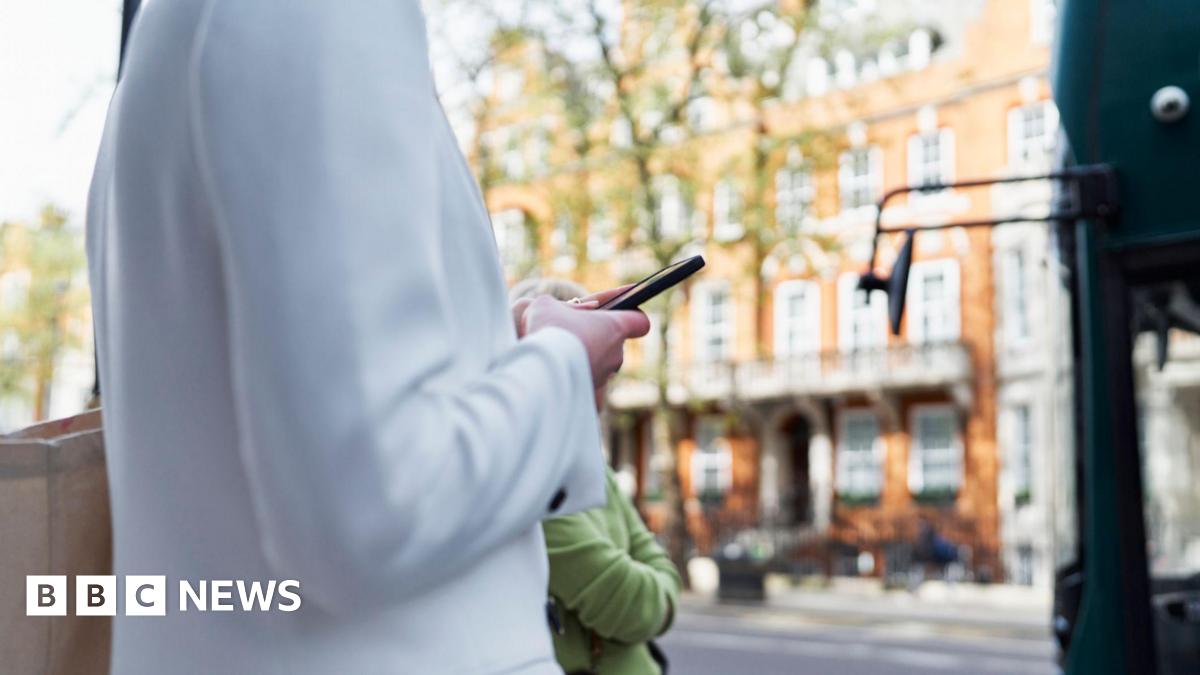The problem of mobile phone thefts is particularly prevalent in London where, in 2024, 80,000 smartphones were reported as stolen – up from 64,000 in 2023.
The Metroplitan Police has estimated 78% of stolen devices were later connected to overseas networks.
Stolen devices are blocked from being used in the UK by phone networks by using the phone’s unique identifying number – known as an IMEI – but this is not the case globally.
Onwurah argued that “robust technical measures” such as blocking stolen phones taken overseas from accessing cloud services could make devices “far less valuable”.
She also pointed to comments by Mobile UK, the trade association of the UK’s mobile network operators, who said blocking IMEI in other countries was a “necessary step to dismantle the business model of organised crime”.
However, she said when giving evidence, Apple, Google and Samsung had avoided saying why they would not implement the technology.
“Their repeated pivots to answering questions about data security rather than devices, and insistence that the phones were broken down and sold for parts, without any evidence to support this assertion, was telling,” she said.
“Technology to deter phone theft is available, and we have yet to hear a convincing reason why, with co-operation on all sides, the available solutions shouldn’t be used to disincentivise phone theft and disrupt the market in stolen devices.”
Onwurah asked the home secretary if she would push the tech giants to implement cloud-based blocking and also pressed the minister to provide a data for the next phone theft summit.
A summit took place in February 2025 but a follow-up meeting planned for May did not take place.
